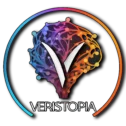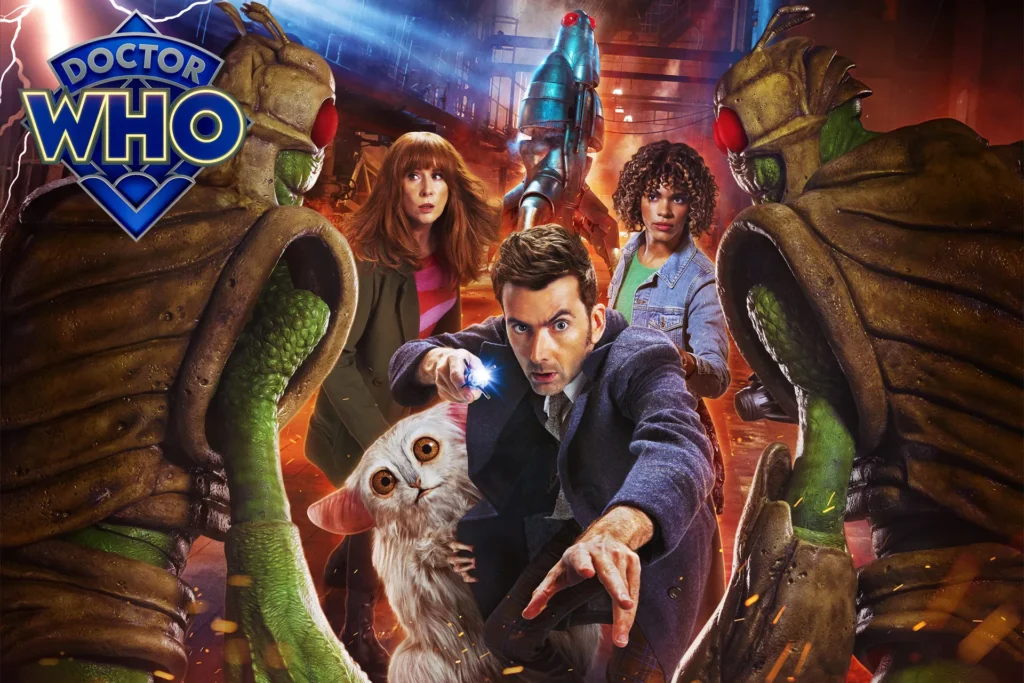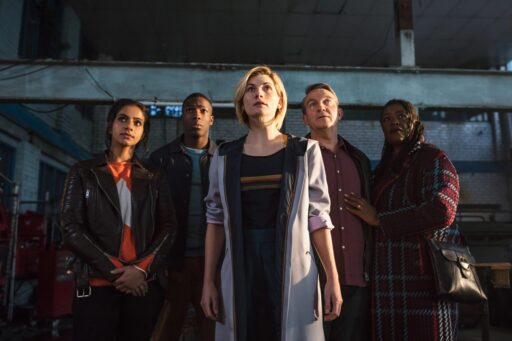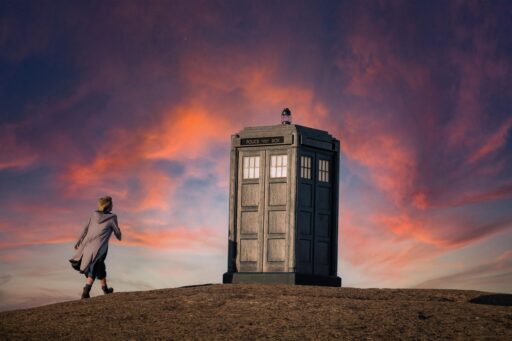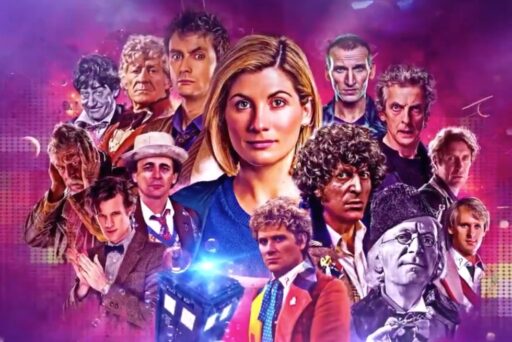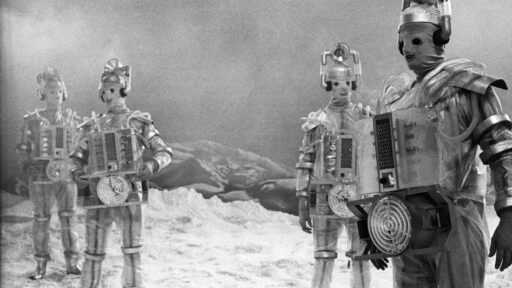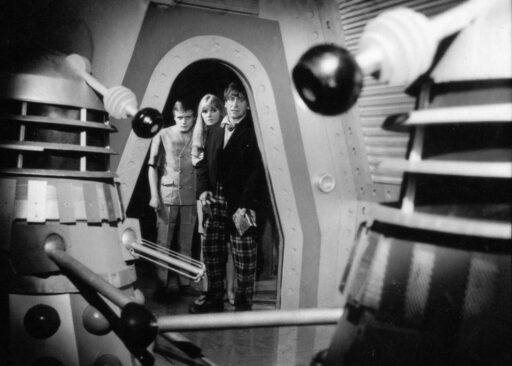If I were to sum up my reactions to the Star Beast, then I would simply say it’s a Doctor Who Special written by Russell T Davies. You can see in it all of his qualities as a writer, both good and bad. The immediate comparison that springs to mind for me is Voyage of the Damned, in that it’s a bombastic special with lots of fun moments, but ultimately never more than the sum of its parts. I saw a lot of talk online that RTD had matured as a writer and would bring this sophistication to Doctor Who, and I’m sure he has learned a thing or two, but based on this outing, his vision of the show is much the same as before. Which is by no means a fundamentally bad thing as his vision of Doctor Who was extremely popular at the time and highly entertaining, but it does also mean that the things I don’t care for in RTD’s Who are still present.

The opening pre-credits sequence is a bit rough as the Doctor stands and gives us a run-down of key plot points from 2008, because this is not a traditional anniversary special, it’s a direct sequel/continuation from Journey’s End. Presumably they felt that newer viewers might be a bit confused by that, personally I think everything that was needed could have been context interpreted from the show. Still, once the title sequence, with its blend of new and old elements, came up things got moving and the upgraded visuals were immediately apparent, though how much of that is budget and how much directorial skill, I won’t speculate. Whatever the reason, the show has never looked better and while I’ve never particularly cared about these things (I still happily watch shows from the 70s, 80s and 90s) there’s no question it does matter to the general audience and that without them, the show doesn’t keep going.
The story doesn’t waste time getting to the action by immediately having Tennant’s Tenth/Fourteenth Doctor bump into Donna Noble. There’s a little bit of handwaving around the possibility it might be some sort of larger forces at work which may pay off in the third special, but mostly it’s RTD getting the “boring” stuff out of the way so he can tell his tale. I do wonder if Rose Noble is only called Rose so we can get the comedy reaction shots (yes I know a reason is given later on, but I’m speculating about which came first). The pace really doesn’t let up and overall I think this story might have just a bit too much packed into it for its 57 minute running time. Despite the rapid pacing, a fair amount of time is needed to put all the pieces in place and then more time to resolve the Donna issue, which means the actual time available for the story is quite limited and it shows.
Based on the 1980 comic story Doctor Who and the Star Beast, which itself was based on a script submitted to the TV show, the story is actually surprisingly faithful to its origins, particularly visually. Both the Meep and the Wrarth Warriors look very similar to the way they do in the comics. This works really well for the Meep but, while I appreciate the quirky design, the Wrarth Warriors are rather obviously movement limited. Fortunately their screen time is minimized so for the most part the story gets away with it.

As was the case in the past RTD often shines in the smaller, human interactions. Donna’s conversations with her mother, and daughter feel real and her gradually remembering the Doctor works well too. This is helped by a strong performance from Catherine Tate who easily re-inhabits the character. The portrayal of Rose Noble in the early parts of the episode is a highlight too with the script giving us context clues about her nature and expecting us to put it together ourselves. Similarly the Doctor’s conversation with Shirley quickly establishes her as intelligent and empathic, making me want to see more of the new character. I wish that both Rose and Shirley had been given a bit more to do in the script because after their initial introductions they are mostly sidelined until they are needed to solve a problem the Doctor has gotten into. That’s one of the reasons I feel that the script maybe needed an extra 5-10 minutes so it could breathe a little.
Other people have suggested they see Fourteen as different from Ten. I can’t say I see it myself. Obviously it’s David Tennant, being hugely charismatic, still playing the same character in the same show and by the same writer, so perhaps expecting significant changes is unrealistic. In the end though everything that happened is something that I could see Ten doing. Which does raise the question of why they are insisting on him being Fourteen (presumably to be explained in the remaining two specials).
The action sequences are all pretty entertaining too and this is definitely a case of extra budget showing up on screen. But they are, for the most part, quite hollow. The sonic can now apparently create shields, which makes it even more overpowered than it already was. The damage to London is magically repaired simply by turning off the rocket’s drive. There’s also a tendency to technobabble a solution. The Meep, the Doctor and the Doctor Donna all throw around obviously made up terms as they either engage or disengage the rocket’s engines. There’s no attempt to justify those terms are provide a logic to the solution because that’s not what RTD is interested in. As is often the case, what he wanted was a situation where the Doctor was faced with a choice of Donna’s life vs. millions of other people and that’s what the focus was, Tennant’s Doctor and his emotional reactions to that situation.
This might all sound a bit negative, but the reality is I enjoyed myself for 90-95% of the episode’s running time. It’s not deep, at times it’s blatantly emotionally manipulative (why does the control room get partitioned, because the plot needs it to!), but RTD Doctor Who is a lot of fun to watch. The majority of what I’m pointing out is things that I noticed thinking back on it to write this, not while watching because the story and the characters had me engaged throughout. So I’m damning this with faint praise, because it’s not a blow away brilliant bit of Who. It’s just… good (oh the humanity!).
There are, however, a few points where I think the story jumped the rails. The first is when Rose queries the Doctor about pronoun choice. My issue with it is that, up to that point, nothing about Rose’s character suggests she’d take that confrontational approach. If anything, at this point she’s been shown to want to avoid confrontation of all sorts. Maybe it’s a timing thing where another scene would have made it flow better, maybe it’s just a bit clumsiness in the dialogue, but it felt out of place to me.

The second point was the explanation of what happened to Donna and Rose which was not very clear and may have lead to the implication that Rose’s status is a result of the meta-crisis and thus unnatural. Which I’m certain is not what RTD is going for at all. I think this is a case where it was needlessly overcomplicated and they could have kept Rose’s non-binary nature out of the meta-crisis stuff entirely. The final one is a minor one, but that “let it go” joke landed with a dull thud. Donna is certainly one to keep the Doctor humble, but it just wasn’t actually a funny line.
None of these destroyed my overall enjoyment of the episode, but I’m not sure it lived up to the hype of being a 60th anniversary special, the “return” of RTD and the first story of a new era for the show, because in the end it felt to me very much like more of what we’ve had before. If you were expecting anything else you may be more than a little disappointed, but a lot of people did like that formula and there’s something to be said for appealing to the larger audience.
Discover more from Veristopia
Subscribe to get the latest posts sent to your email.
